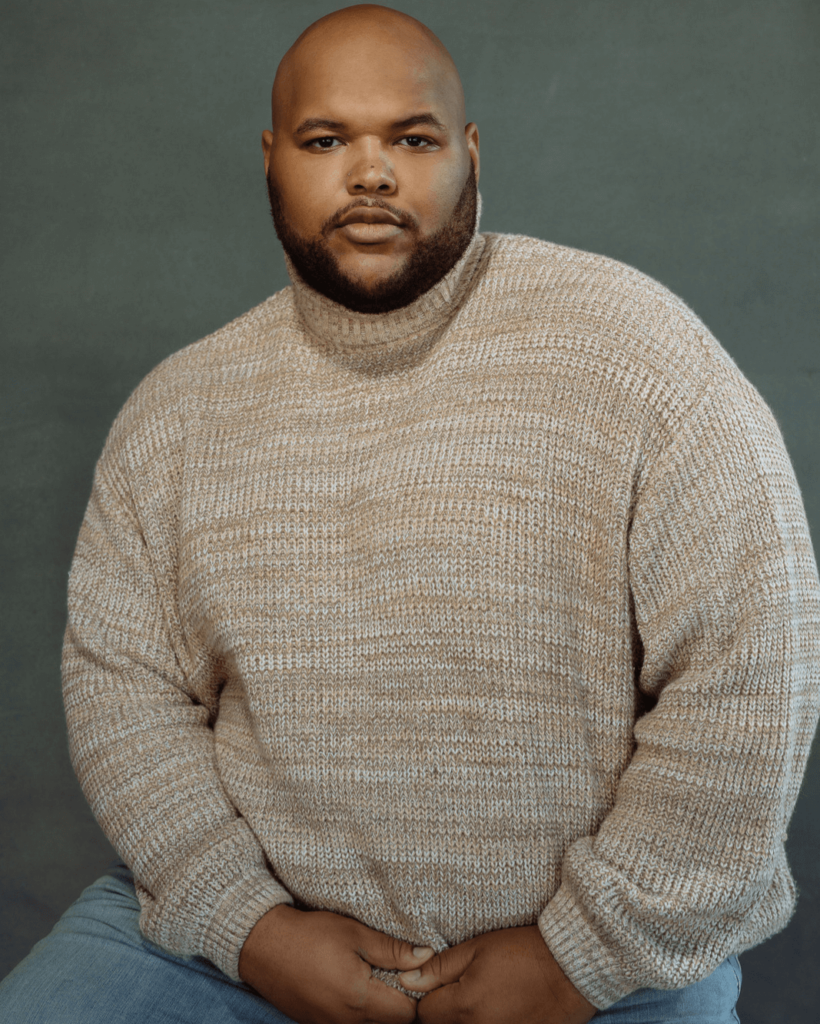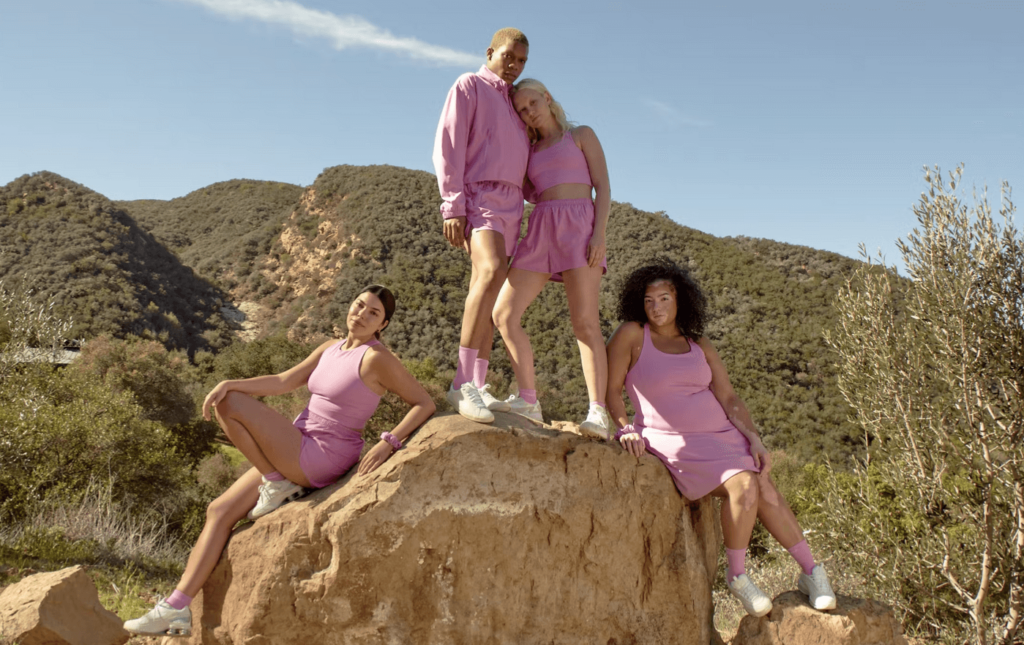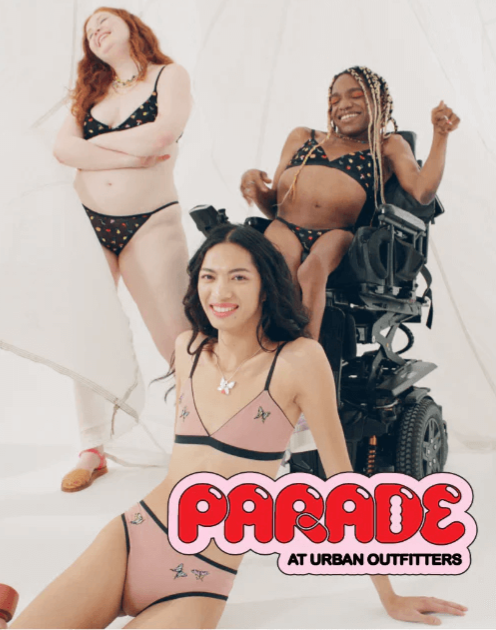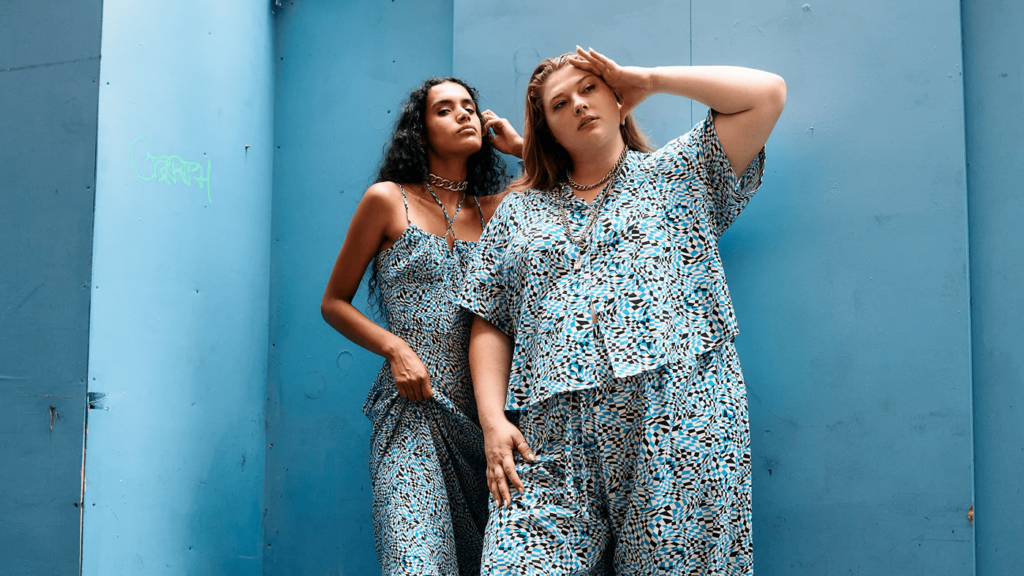In our Sustaining Fitness blog, we discussed fitness’s relationship to mental and physical health and why being consistent in the gym is important. We even touched on body-positive movements. In this blog, we will expand even further on body positive movements and their importance.
Important Movements
What is body positivity?
According to Wikipedia, body positivity is a social movement focused on accepting all bodies, regardless of size, shape, skin tone, gender, and physical abilities, while challenging present-day beauty standards as an undesirable social construct. Proponents focus on appreciating the functionality and health of the human body instead of its physiological appearance.
What is body normativity?
Body normativity became used as a new term after singer and activist Lizzo spoke on being the “first big Black woman to be on the cover of Vogue” in 2020. This term is used to normalize bodies as they are instead of a movement.
What is body neutrality?
According to verywellmind, body neutrality doesn’t involve always loving your body but is more about being accepting of it. Instead of concentrating on your physical appearance, with body neutrality, the focus is more on the body’s abilities and non-physical characteristics.
She told Vogue, “I would like to be body-normative. I want to normalize my body. And not just be like, ‘Ooh, look at this cool movement. Being fat is body positive.’ No, being fat is normal.”
Body Positive Affirmations
- In any form, my body is worthy of love
- No matter how I look, I can achieve anything I want
- I will not let any physical “inabilities” keep me from living my life to the fullest
- I am beautiful because I am me
- I am beautiful because I am uniquely me
- My body will never have to change for the right person
- I am comfortable with loving and accepting my body
- No matter what I look like, I am able to live the life I desire
Tyler Hightower

My name is Tyler Hightower. I’m 29, born and raised in Philadelphia, and currently based in Los Angeles, CA. I am a former clinical researcher turned professional model.
What does being a body positive individual mean to you? How has this journey been?
To me, body positivity means loving your body regardless of size, shape, gender, tone, or physical ability. I also believe it means loving one’s body with or without consideration of traditional beauty standards. With this definition in mind, my journey has been rewarding and healing. My journey started with healing the hurt child in me that had been bullied and told that this body would never be “enough.”
Like a mantra or affirmation, when you hear negative comments from the outside world long enough, you start to listen to them and believe them yourself. Afterwhile, you begin to believe that maybe you don’t deserve love, sex, happiness, etc. because your body is different. I had to learn that I deserve all of life’s joys despite people who think otherwise. I had to learn to love, accept, and appreciate my body for what it is, what it was, and what it will be.
What misconceptions do you believe people have of movements like body positivity and neutrality?
One common misconception is that you must remain positive about your body at *all* times. I think that it is ok and normal to have neutral or negative feelings about your body. What’s critical here is not to let temporary emotions influence permanent decisions. So when I feel a little down or annoyed about my body, I remember that I am human and that that’s ok. I remind myself that most of my issues are things I can change or control, and knowing that is my strength.
I see on your Instagram you promote fitness! When did you begin this journey? How has this affected your life and body positivity?
I would say I’ve been an athlete most of my life. I was a three-sport athlete (football, wrestling, track) from 6th to 12th grade, and I was recruited to play football in college. My biggest inspiration for fitness in my post-academic life is health and wellness. I have depression, anxiety, and ADHD, so in addition to therapy and medication, the gym is part of my treatment. Also, I decided that my fitness journey was for me. I do not go to the gym to hit a specific number on a scale. I go to the gym because I enjoy feeling strong, having endurance, and how it makes me mentally. This is a significant aspect of my body positive journey. I believe that the best change comes from within, and I can honestly say that if my sole reasons for going to the gym were to lose weight and be attractive to others, I would be miserable!
As we become more diverse in spaces such as modeling, where do you think we should go from here? What are the next steps for body positivity and body neutrality movements?
In fashion and modeling specifically, I dream of the day we consistently and intentionally hold space for people with different bodies. For example, I would love it if seeing bodies like Precious Lee, Paloma Elsesser, or James Corbin on a runway wasn’t new, fresh, or trendy but instead familiar, needed, and necessary. I also want us to remember that body positivity doesn’t strictly mean fat or sized bodies; it also includes the disabled, the underweight, and more! There’s room for us all, and I think sharing the diversity is beautiful, human, and fashion-forward! I would love to see fashion learn and grow with body positivity+neutrality in mind.
As a model, I dream of walking runways, solidifying beauty campaigns, and being a cheerful face in the industry. Sometimes, I fear that this will never happen because of my body. When there are 100 models cast in a show, and only 1 of them shares a similar body type, it feels disheartening. It feels like my dreams are silly. However, I can’t shake the feeling I felt seeing Toccara Jones on tv as a child or seeing Zach Miko achieve. It’s inspiring and gives me hope, so I keep trucking on! I am trying to be the face and body I wanted to see as a kid.
Brands We Love to Love:
Girlfriend
Parade
USE OUR CODE
cada_consult
FOR 20% OFF
Wray
___
We want to thank Tyler Hightower for his feature on this blog! Follow him on Instagram, and Twitter, and check out his portfolio.
What did you learn from this blog? Let us know in the comments or by DMing us on our Instagram.
Interested in having a blog featured? Email us at info@cadaconsult.com!




